Aditya Mehta had a dream – easily accessible high quality affordable art. The CEO and founder of Art&Found rejects the technical narrative in favour of empathy, while relying on his own internal compass driven by purpose. Read more about his relentless mental prototyping in this unique interview by Sonalee Tomar.
What gets me out of bed in the morning is knowing that we have this insurmountable mission ahead of us and there’s no choice but to keep going. It’s like your own superhero movie and you are the superhero.
Aditya Mehta, Art&Found
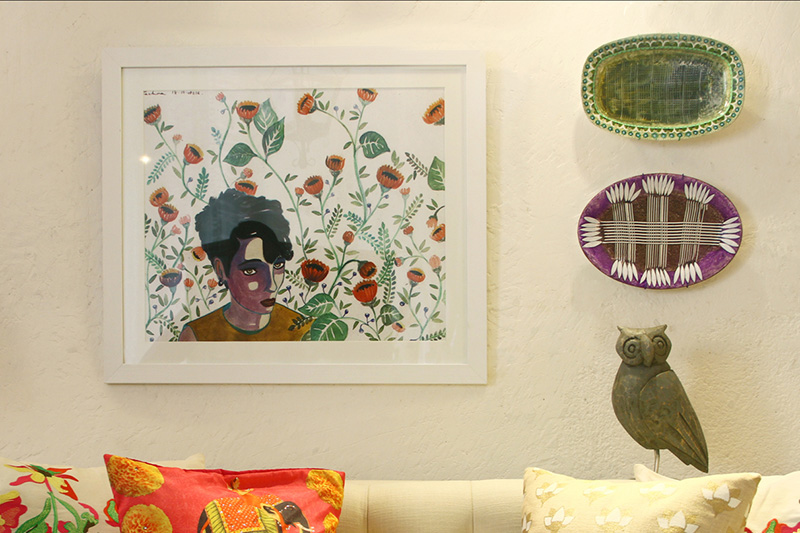
How much space, data, time and iterations did it take for you to bring Art & Found to life?
Art&Found, as an idea, started as something I wanted to do offline. A bunch of people around town were putting together art exhibits and pop-ups every now and then. I’d attend a lot of those and observe – the energy, the work, the setup, the crowd, what worked, what didn’t. I wanted to do the same thing with a different approach and build a consistent pop-up gallery model, maybe a property. Those were the early iterations on paper, or in my head, of an offline art platform. Thinking I pretty much have it figured out and ready to launch, I spoke to a lot of people I met at networking events or conferences, seeding the idea of an offline pop-up art gallery for young artists – kind of like how the YBA started in London.
Tell us about the creative inhale that led you to exhale Art&Found.
This was basically me in my on-ground research mode. Things really changed at a creative conference I attended in Delhi – after speaking to a lot of people, I understood the power of building a brand and the potential of scale. I had made up my mind that if I’m going to do this, it had to be online. From there, I immersed myself into studying online platforms, art platforms and e-commerce in general. This is exactly when I knew I was onto something I wanted to design, code and go live with. From this point, I was dedicating after-work hours with a single-minded focus to get an MVP out. I took one last trip to Spiti Valley before committing myself to this, mentally and financially. Two years and all my salary savings later, I had a product I was proud to exhale.
How can we best convey the prototyping that took place before the visible successes. Did you have trial runs?
Having a purpose is key. It’s okay to figure out as you go, but know why you’re doing it. I like the term ‘mental prototyping’ – it’s exactly what I do. I generally don’t sketch or make notes. I just do it all in my head and visualise it as close to the output, I kind of know how it’s going to look, and then very quickly, as it’s still brewing in my head, start designing. What level of MVP to launch with is always tricky – launch faster with a product that kind of works and risk first impression or keep iterating for “the perfect product” and risk someone else launching it first? Hitting the sweet spot is tricky. The trial run for me was the beta launch – six months to onboard artists, artworks, test, fail, debug, redesign to eventually launch public.
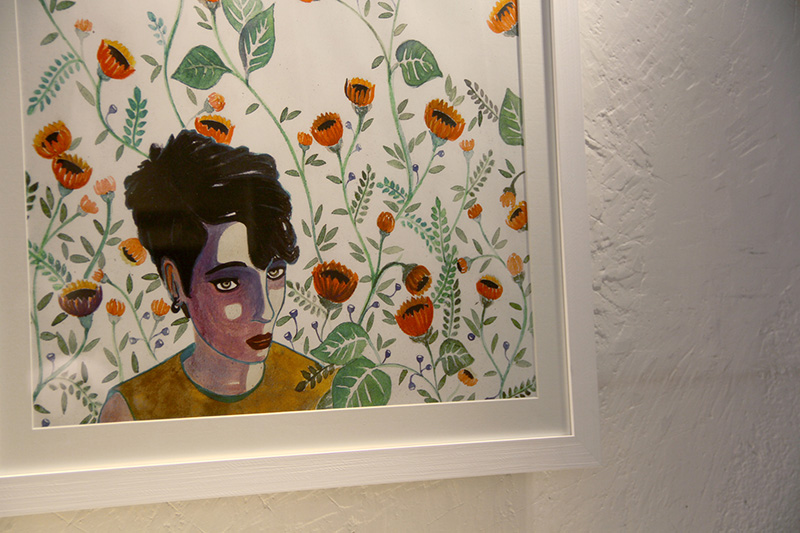
What were the failures that lead to this? What was the original plan and how did it shape up?
Initially, I hired a web designer to design the website. Massive fail. I fired him and then did what I should’ve in the first place – designed it myself. I guess the first time I didn’t do it because of never having designed a website before. But designing for any medium or format is the same – it involves empathy. I guess I learnt about getting out of the comfort zone the hard way.
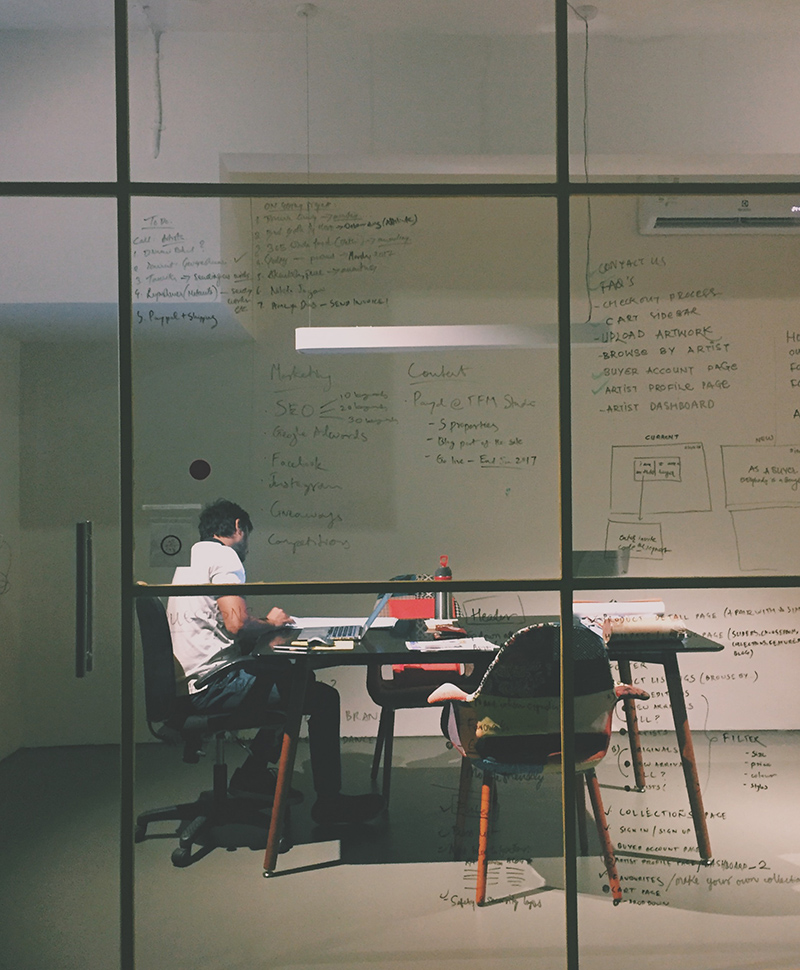
Aditya Mehta, Art&Found
What questions do you wish people ask you, but never do? How do you describe yourself?
I never get asked about the mental challenges that come with running a startup. You can overcome the physical challenges with things like focused fast work, time management or having a fitness routine. Mentally, it’s a different ball game. I wish people would ask or talk more about that stuff. Maybe if people would say “Hey, seems like you’re doing great. How are things behind the scenes? Need anything?” It’s a lonely job and even more so for solo founders.
A Melbourne-based entrepreneur talks about how success favours the resilient – those with the ability to recover quickly from difficult conditions or situations. The keyword here being ‘quickly’, about failing fast. I believe that’s an immensely powerful quality to have. It’s what you go through, have been through and the ability to do that relentlessly.
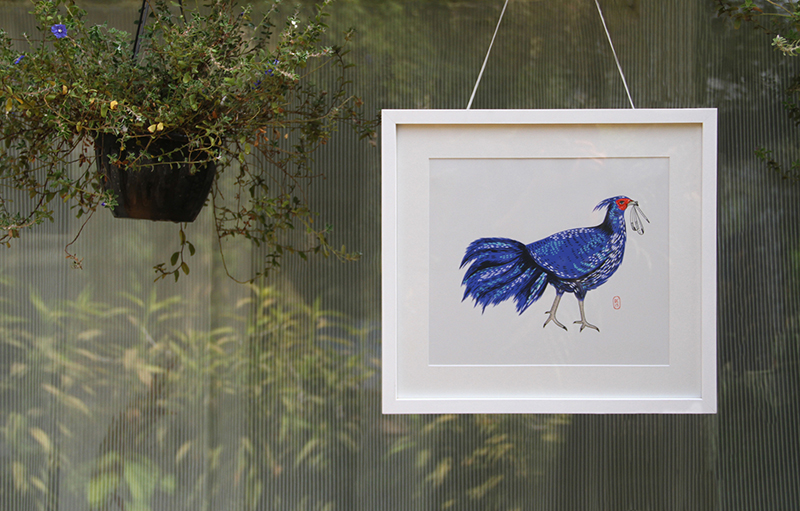
What are you reading? People or books would you recommend to creative entrepreneurs?
The last book I read was Shoe Dog by Phil Knight. Currently reading Lost and Founder by Rand Fishkin. I’ve started reading biopics a lot because it helps me relate with what I have going on in my life at this stage with what they did back then. Basically, they’ve gone through the same screw-ups, same crossroads, same hardships, same ups and downs. For first-time CEOs, a great handbook is The Hard Thing about Hard Things by Ben Horowitz.
I follow a few people on Instagram. Gretta van Riel is worth looking up – she’s a super successful Melbourne-based entrepreneur who shares amazing actionable tips on not just work but mental health. There’s also tons of podcasts worth listening to if you drive to work daily. I listen to one called Foundr.com by Nathan Chan – he interviews all kinds of small and big startup people.
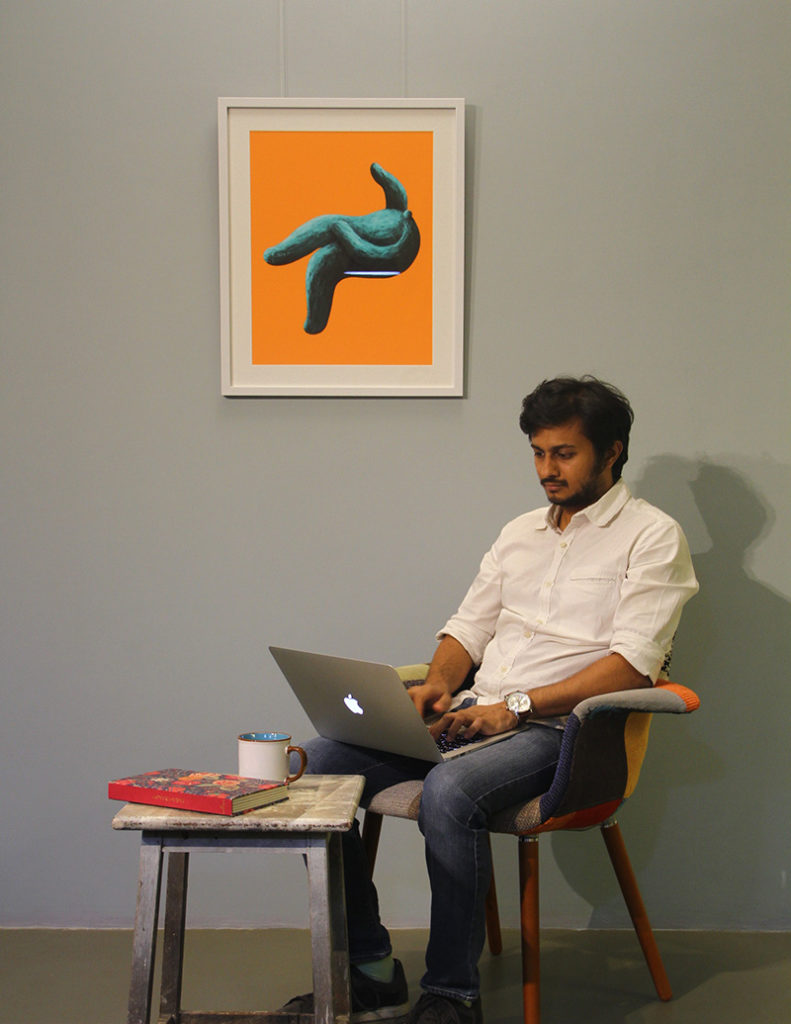
Aditya Mehta, Art&Found
What are the pivotal moments on this journey so far?
The first one was definitely when Art&Found became more than a side project. Quitting my job, going full-time, building a team, moving into an office is when it really became a company. There was no safety pay-check at the end of the month. It was unknown and super exciting. I was prepared for it. It’s exactly what I wanted. I wanted to challenge myself, have ownership and build something amazing that could potentially be massive. I think the second moment was seeing growth. I think every startup goes through this tipping point of moving from that niche audience they started with to breaking into a wider circle – generally that’s when “scale” happens. That’s our moment now.
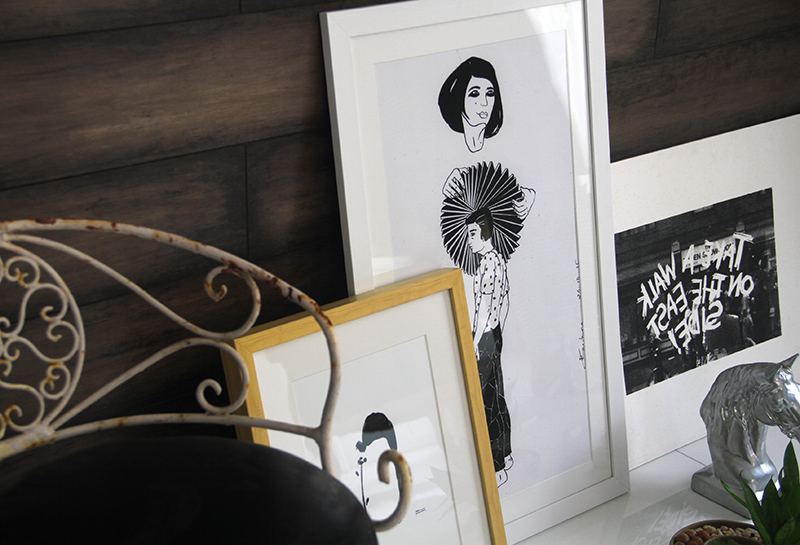
What have you learned? What do you want to learn?
I’m learning everyday. Staying relevant is key to making it in the long run so you have to keep your curiosity up and keep learning. I’m learning that money comes and goes. If you hold onto it too tightly you’ll never make it. Time, on the other hand, is something you have to be smart with. I’ve also learnt how important and easy (yes!) work-life balance can be. It’s a time management game. I want to learn new skills and create stuff. I haven’t created anything with my hands in a while. I want to learn how to cook. I’m keeping with new fitness goals. I’m also making killer smoothies so hopefully I master that and make that my backup.

Where do you see yourself in 5, 10, 30 years?
5 years, I want to build an art property for emerging Indian artists – the kind we represent. 10 years, I would love to see Art&Found become a household name for everything art and have impacted the artist community in a big way. Communities drive brands and businesses and if we can build something for our communities that would make them come together to discuss, ideate, share, grow because of us, that would make a great story for the decade. 30 years? Staying relevant to industry changes and market behavior. Also, for Art&Found to be recognised as a global brand from India. Or by then, making those killer smoothies on an island bar.
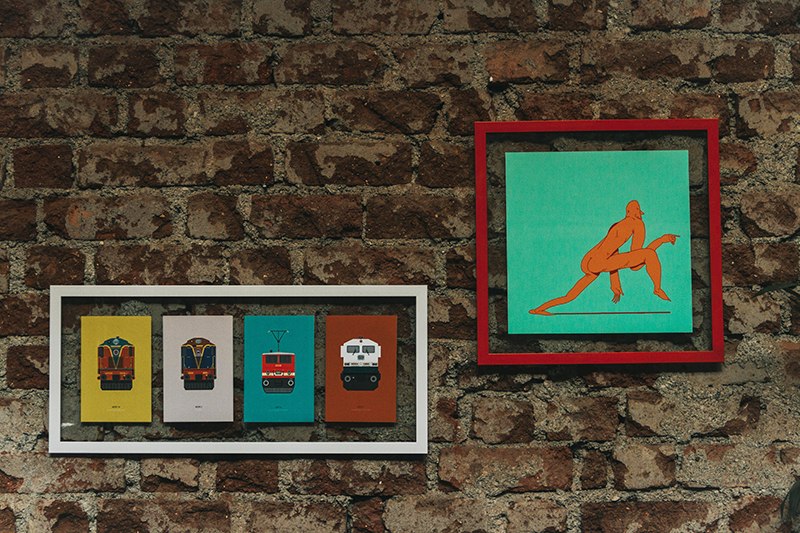
What kind of personality does it take to do what you have achieved? What kind of team did you (learn to) build? What gets you out of bed in the morning?
You have to have drive and perseverance, then build a solid work ethic, discipline, focus and finally develop resilience over time. While building a team, I look for 3 things – inner drive, ability to adapt and a get-shit-done attitude. I also don’t care much for experience. I look for talented people who understand and value what we are trying to build and why. Still, hiring remains the second hardest thing for startups (the first is cash flow). What gets me out of bed in the morning is knowing that we have this insurmountable mission ahead of us and there’s no choice but to keep going. It’s like your own superhero movie and you are the superhero.
Are you collaborative by nature?
Yes. I think we all are. As we grow older, we realise how futile the idea of competition was the way we were taught to perceive it from a young age. In business, competition is good to keep you on the edge, have a benchmark and know that there is a market for something. Collaboration does all of that with the added benefit of simply helping each other grow. I really hope the value of collaboration can be stressed upon and implemented at very early stages in education for new generations.
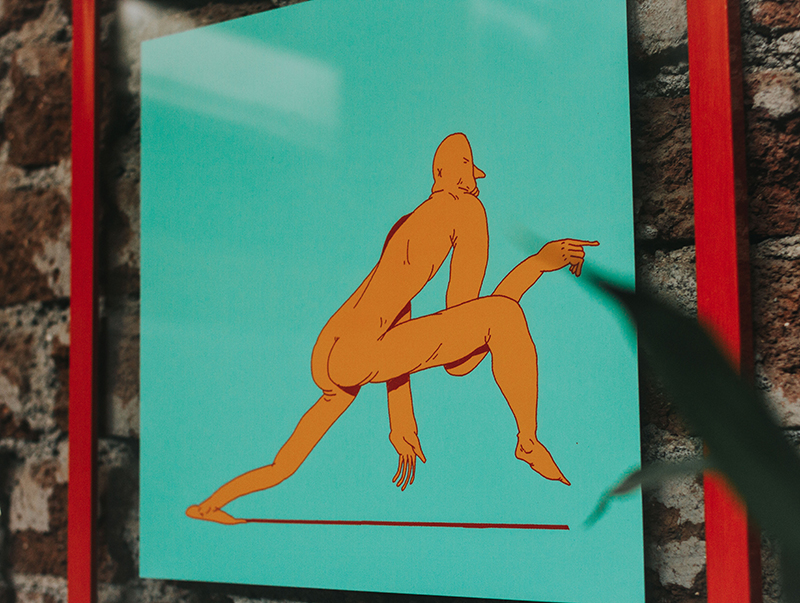
How attached are you to Art & Found? Do you tend to look at it as one with yourself or as a separate entity?
I am always on. I’m always working or thinking about the brand and the business – the number of things we can do with the limited resources we may have. Even if I’m working out or at a social gathering, my brain’s always working and I just think it’s good fuel to keep moving. Art&Found has brought out and still brings out the best in me. The brand is not exactly my voice but it has its own voice, which comes from me. For example, Art&Found is an invite-only platform and from very early on the artists and artworks that made it to the platform were selected by what I liked which, over time, set the curation standard.
The copy, content of everything from homepage to FAQ and what went on Instagram is all me. So there’s definitely a lot of what I manifested somewhere about how I wanted the brand to be projected and positioned. And that’s always evolving.
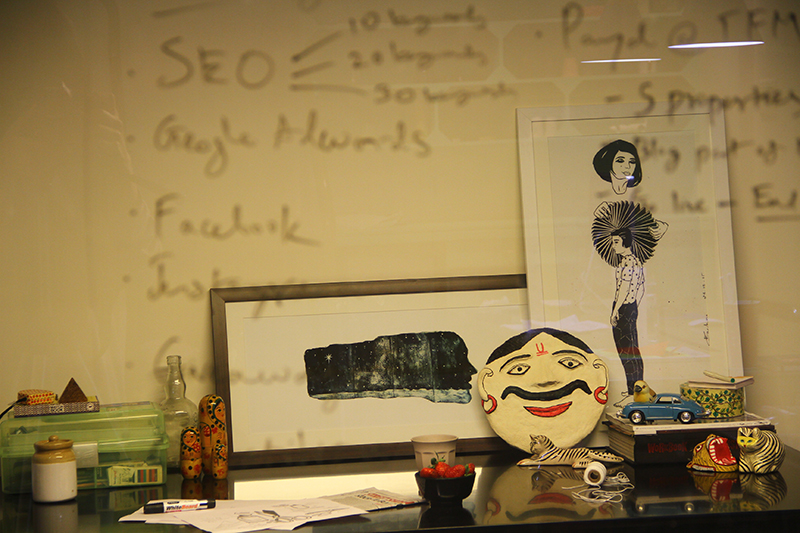
Art&Found
What advice would you give your younger self? What do you wish you knew 10 years ago?
Dear Adi in 2009, start a photo-sharing app, call it Instagram. Then start a messaging app, call it WhatsApp. This is all you need to know.
What advice would you give to those starting out?
It’s super easy to start. It’s not as easy to sustain. It’s a grind and labour of love. Only go for it if you can really commit all your waking hours to it. Be ready to get out of your comfort zone. Talk to everyone but don’t take everyone’s advice. Don’t be insecure about your idea. Don’t fall in love with it either. Have self-awareness and perspective. Be humble. Read everything.
What do you value the most, at this point?
Gratitude. I’m grateful for everything I have in my life – all the help, relationships, connections, conversations, timing, energy, new people who appear in your life at the right time, thoughts, ideas, experiences, failures, learnings, adversity, struggle, random things that don’t make sense, everything. You can lose it all in seconds. It’s good to breathe and think about what you’ve got. I also value my time a lot and am constantly learning how to use it best.
Before you go – you might like to browse the Asian Curator curatorial archives . Contemporary art curators and international gallerists define their curatorial policies and share stories and insights about the inner runnings of the contemporary art world.

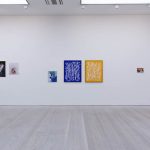
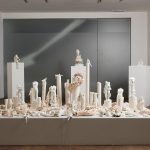

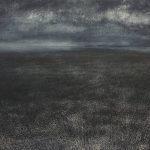
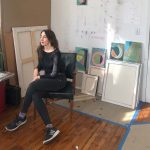
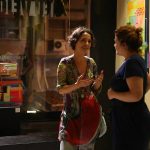

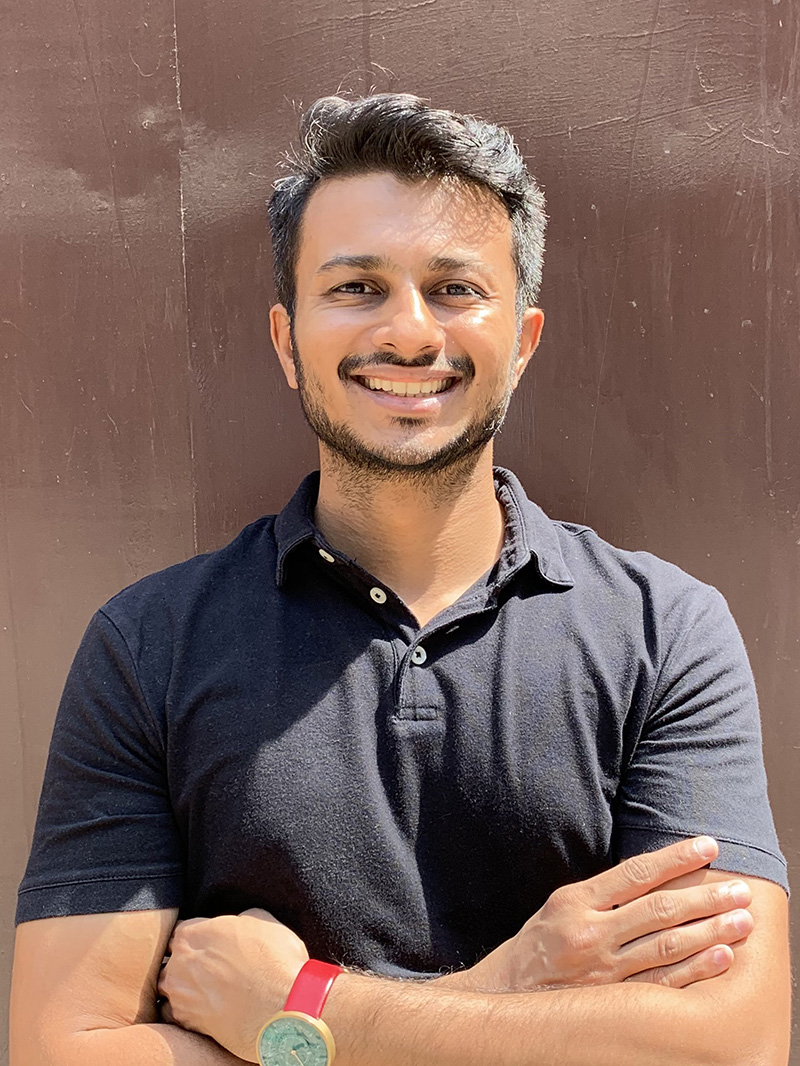
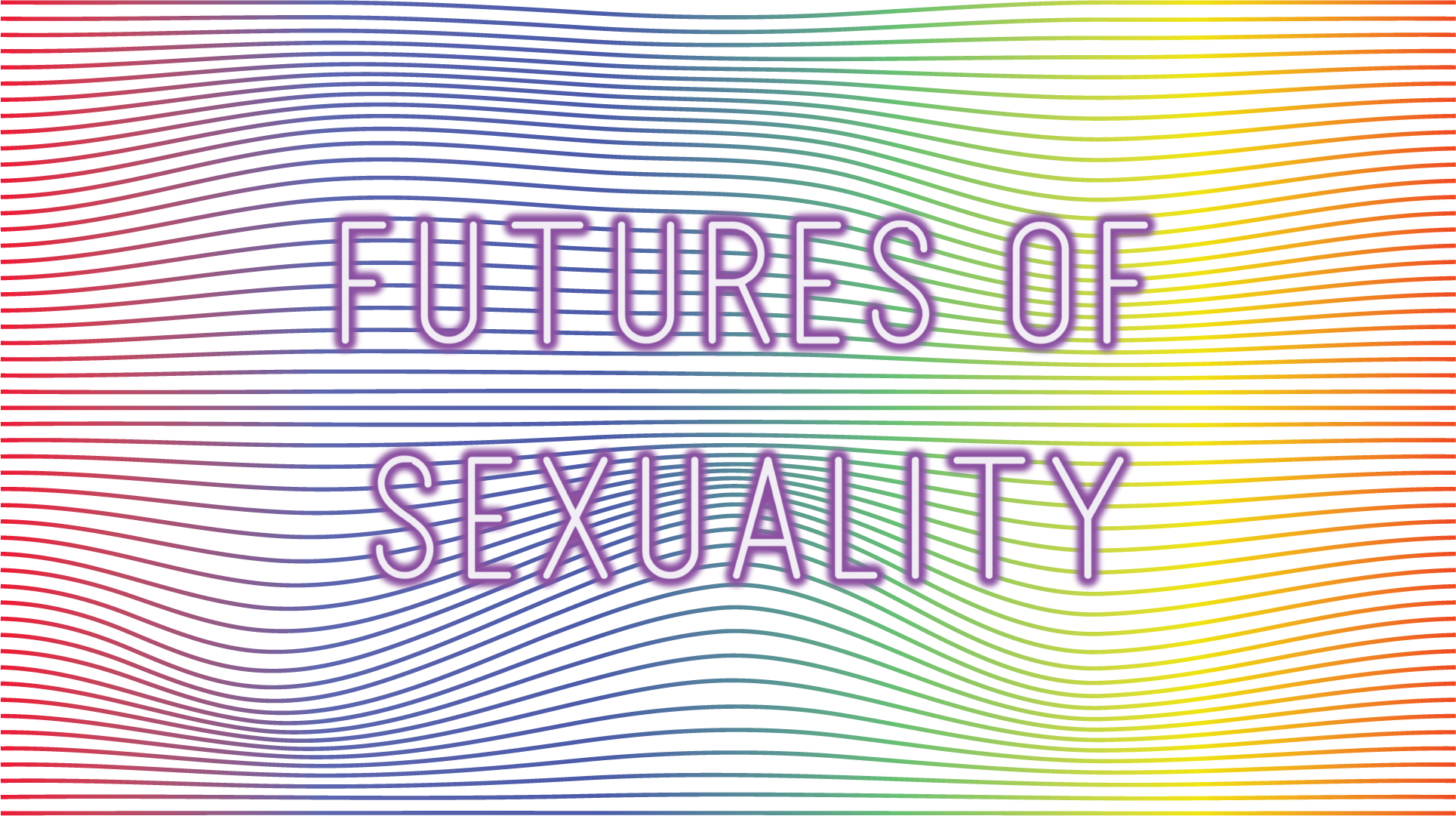

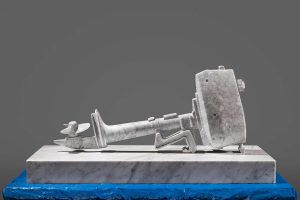
Add Comment